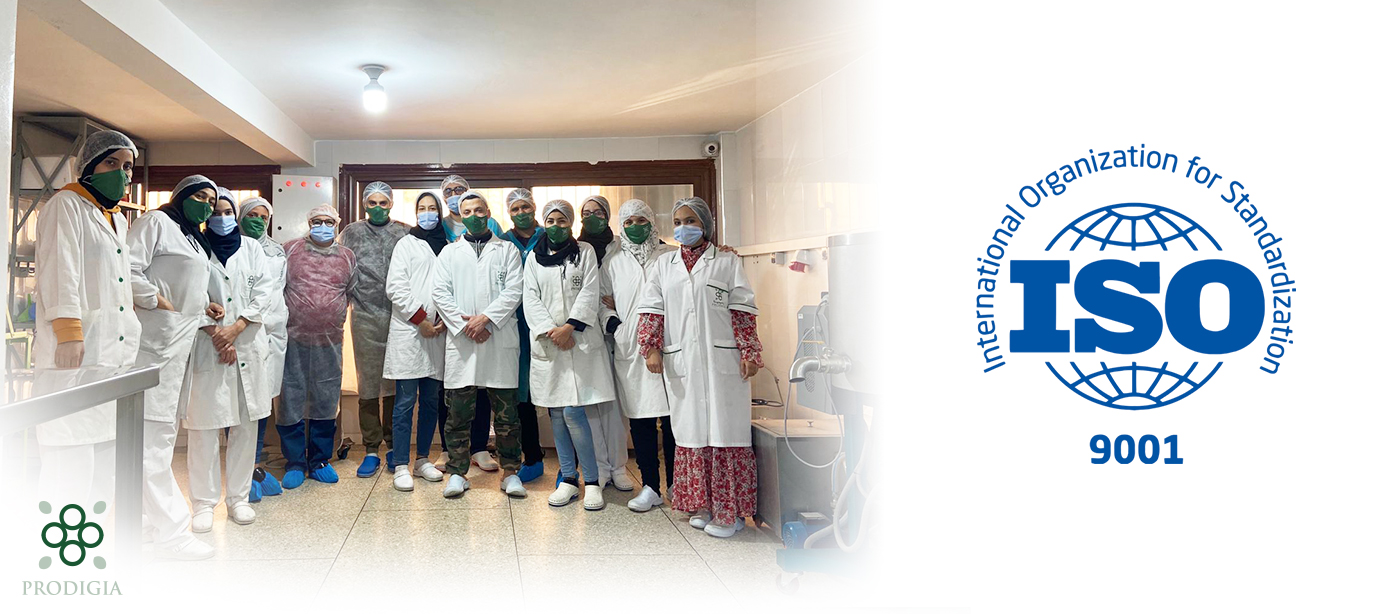Your company’s quality management system requires special attention to detail and a particular commitment. The ISO-9001 standard establishes the requirements relating to this system, defines its criteria, and guides your company towards its highest quality performance. What do you need to know about ISO-9001? The answers in this article:
Offering quality products and services is one of the objectives of many companies, in all business sectors. The ISO-9001 standard helps guide you in this commitment, which is a key factor for success.
This standard aims at putting the client satisfaction as a core working value, from which a set of practices are put into action. It helps install more efficiency and productivity; it enables the company to reduce production costs, to improve purchasing practices, to take care of the well-being of its employees, but also to listen and respond to external interested parties. This is why more than a million companies and organizations in more than 170 countries have ISO 9001 certification.
The standard is based on a number of quality management principles, including strong customer focus, management motivation and commitment, the process approach and continuous improvement.
Synergy and interdependence between the company's teams:
The involvement of personnel is one of the founding elements of ISO 9001 certification. And because continuous quality improvement depends on the participation of all employees, the roles and responsibilities of each member of the company must be defined.
Thanks to the process approach and to the reinforcement of the understanding of the responsibilities of each member, a better internal communication can be assured. The foundation of common values and corporate culture are strengthened, resulting in better synergy and interdependence between teams.
At Prodigia, we make sure to establish active listening and to share knowledge and experiences. In this way, we promote the mobilization of all our members around our common project.
Setting realistic and achievable goals:
In order to establish a process of continuous quality improvement, it is necessary to adapt the governance of its company. Leadership allows you to identify the objectives to be achieved within specific deadlines. Goal setting needs to be informed and thoughtful enough to come up with realistic and achievable goals for the business.
At Prodigia, all the strategic objectives that we set ourselves have the best interests of our employees, our customers and our suppliers at heart. Our quality management is based on objective decisions, based on factual information.
The achievement of the targeted objectives and the expected results is all the more favored by the analysis of the data and the information reported. We want to involve in this information circulation operation all the levels involved in the supply of our raw materials, in the production of our products, in the delivery of our end products, and of our customers.
Customer orientation:
The first objective of any quality management is to meet the requirements of its customers as well as possible, and to establish systems that allow it to anticipate their expectations in order to provide them with the best service. The actions to be taken relate to the entire customer relationship, from prospecting to follow-up.
At all levels of the company, monitoring and improving customer satisfaction comes down to encouraging innovations around products and production processes, the selection of raw materials, quality control, marketing and follow-up. Each stage of the value chain must focus on the expectations of the different customer categories.
ISO 9001 certification is in line with our values and our commitments. At Prodigia, the satisfaction of our customers is at the heart of our strategy and our objectives.
Need advice? Contact Prodigia and benefit from our legal support services.



